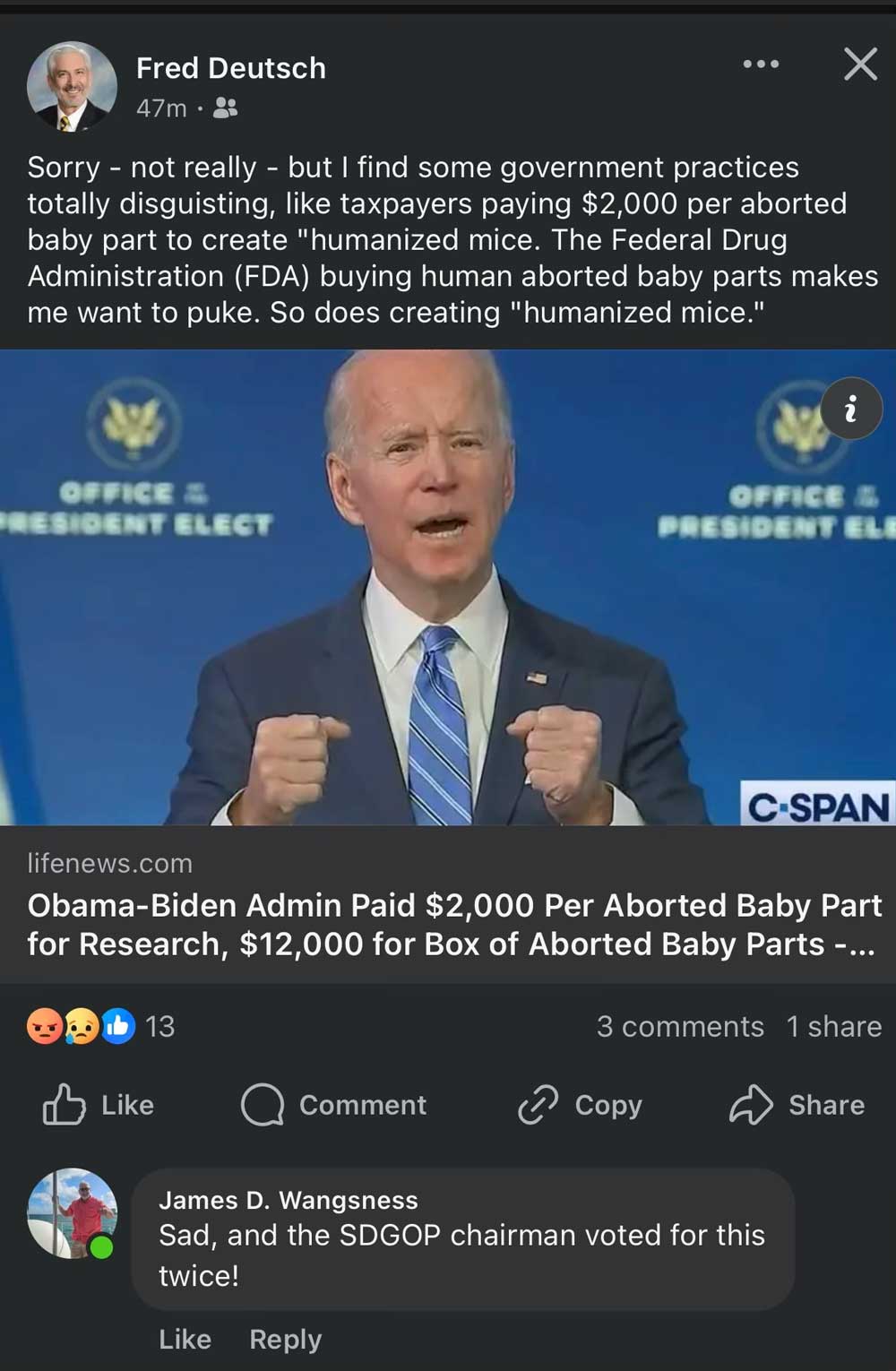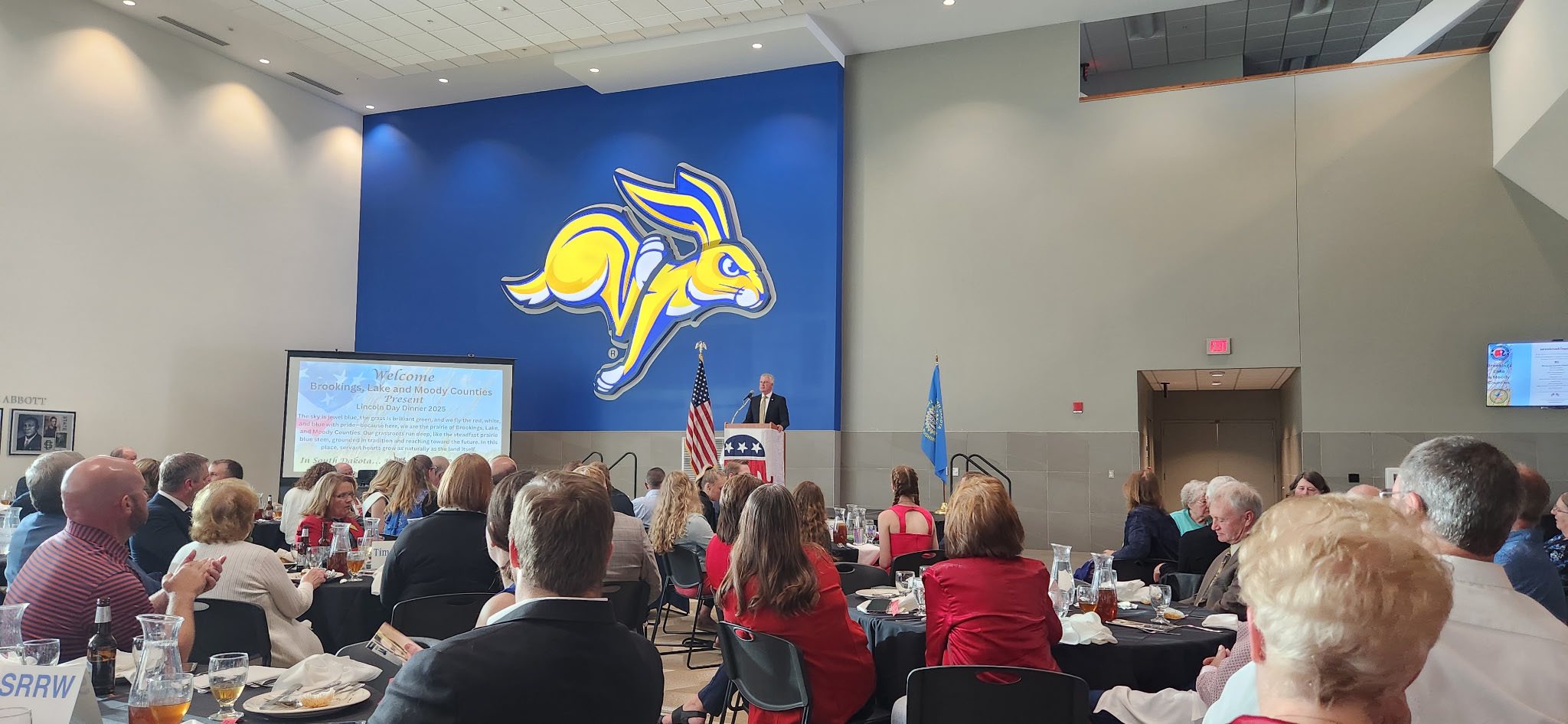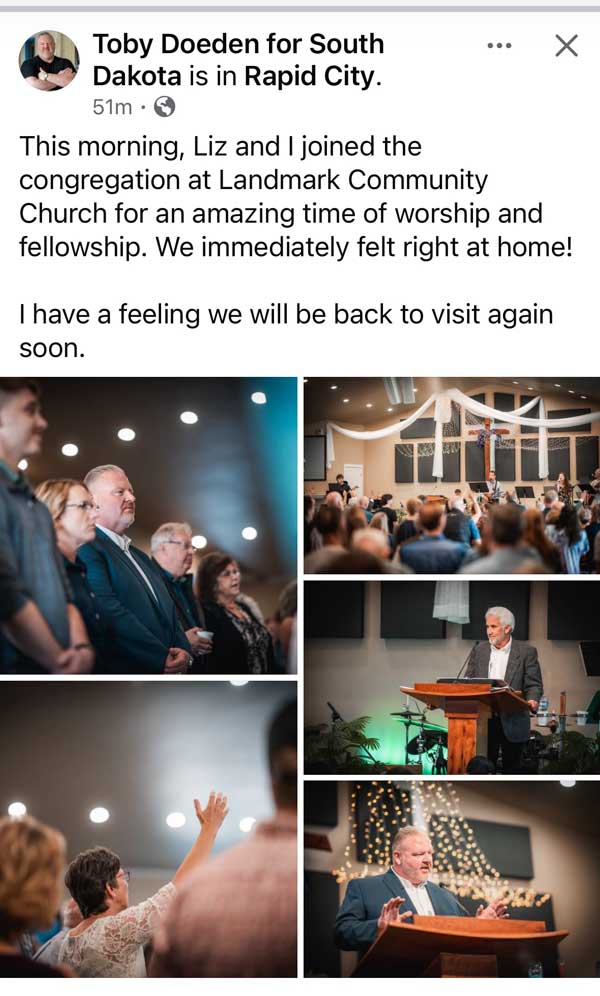 340B Reform Will Put South Dakota Patients First
340B Reform Will Put South Dakota Patients First
By Eldon Nygaard
The 340B federal drug program was created in 1992 with a clear mission: to help vulnerable patients access life-saving medications at lower costs. The program allows hospitals and clinics to purchase medicines at highly discounted rates with the expectation that those savings would be used to support uninsured and low-income patients. However, in states like South Dakota, concerns are being raised over whether or not these savings are actually reaching rural and underserved communities as intended.
The 340B hospital markup program has strayed from its original intent over time. Instead of serving as a critical patient safety net, it has become a moneymaking scheme for large hospitals, pharmacy benefit managers (PBMs), and significant for-profit pharmacy chains. Patients rarely see savings, as their copays are based on the medication’s full price, not the hospital’s discounted price.
These bad actors have been buying medicines at deep discounts for years while charging patients whatever they see fit. PBMs drive up medication costs even further by pocketing rebates and manipulating drug pricing. This unchecked markup inflates costs for everyone, making it difficult for South Dakotans to afford the medications that could be the difference between life and death for them. Without access or transparency, there is no guarantee that the billions in savings generated through 340B are actually being used to help South Dakotans.
The 340B program does not clarify how these hospitals and PBMs can use this revenue. While drug costs have continued to rise, hospitals, PBM middlemen, and for-profit pharmacies have pocketed the difference. The lack of 340B transparency has allowed these actors to play this reverse Robin Hood game for years.
A 2021 study found no evidence that hospitals joining the 340B program provided more care to underserved populations than those not in the program. 340B hospitals are growing in wealthier areas across South Dakota and nationwide by acquiring clinics, allowing these actors to maximize their profits more by serving well-insured patients living in these areas.
South Dakota is working towards a more equitable and transparent 340B program. In 2023, Governor Kristi Noem signed a bill to enhance transparency in prescription drug pricing. In 2024, 20 states enacted 33 laws regulating PBMs, specifically putting tighter restrictions around the 340B program. South Dakota was one of those states, as Governor Noem approved additional legislation to refine drug pricing regulations further and restrict certain PBM practices. Such restrictions included discrimination against 340B contract pharmacies and granting 340B entities the right to sue PBMs for discriminatory conduct.
While recent PBM reforms in the state are a big step forward, more work must be done to ensure the 340B program effectively serves its intended purpose. South Dakota is a predominantly rural state, with many small, underserved towns and farmland stretching across its landscape. Many South Dakotans rely on the 340B program to access everything from daily medications to lifesaving treatments, which is why it’s so critical for this program to operate as intended.
Congress must prioritize reforms to this program to increase transparency and hold hospitals accountable for these disingenuous acts. 340B needs to be transparent and sustainable in South Dakota to ensure patients have access to the healthcare they need. Without it, South Dakotans risk losing the affordable treatment options they expect and rely on.
Some participants are proposing a 340B rebate model. Under this approach, providers are required to show that a properly eligible 340B entity purchased and dispensed the drugs receiving the substantial 340B discount before they are reimbursed. This is a first step towards providing the transparency necessary to ensure the billions in 340B profits are actually being used for patients. However, members of Congress have not taken any action to allow for the operation of this model, and so the program still hangs in limbo.
Leader Thune is in a unique position to restore South Dakota’s healthcare industry. Through his hard work, Leader Thune has been elected by his colleagues to lead the U.S. Senate. As the Majority Leader, he is empowered to ensure that certain bills are up for a vote and can sway his colleagues to prioritize reforms. I encourage South Dakotans to let Leader Thune know that South Dakota is counting on him. He can do it!
—
Eldon Nygaard is a former State Senator, Veteran and retired professor.





 340B Reform Will Put South Dakota Patients First
340B Reform Will Put South Dakota Patients First